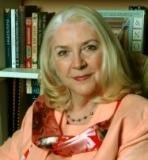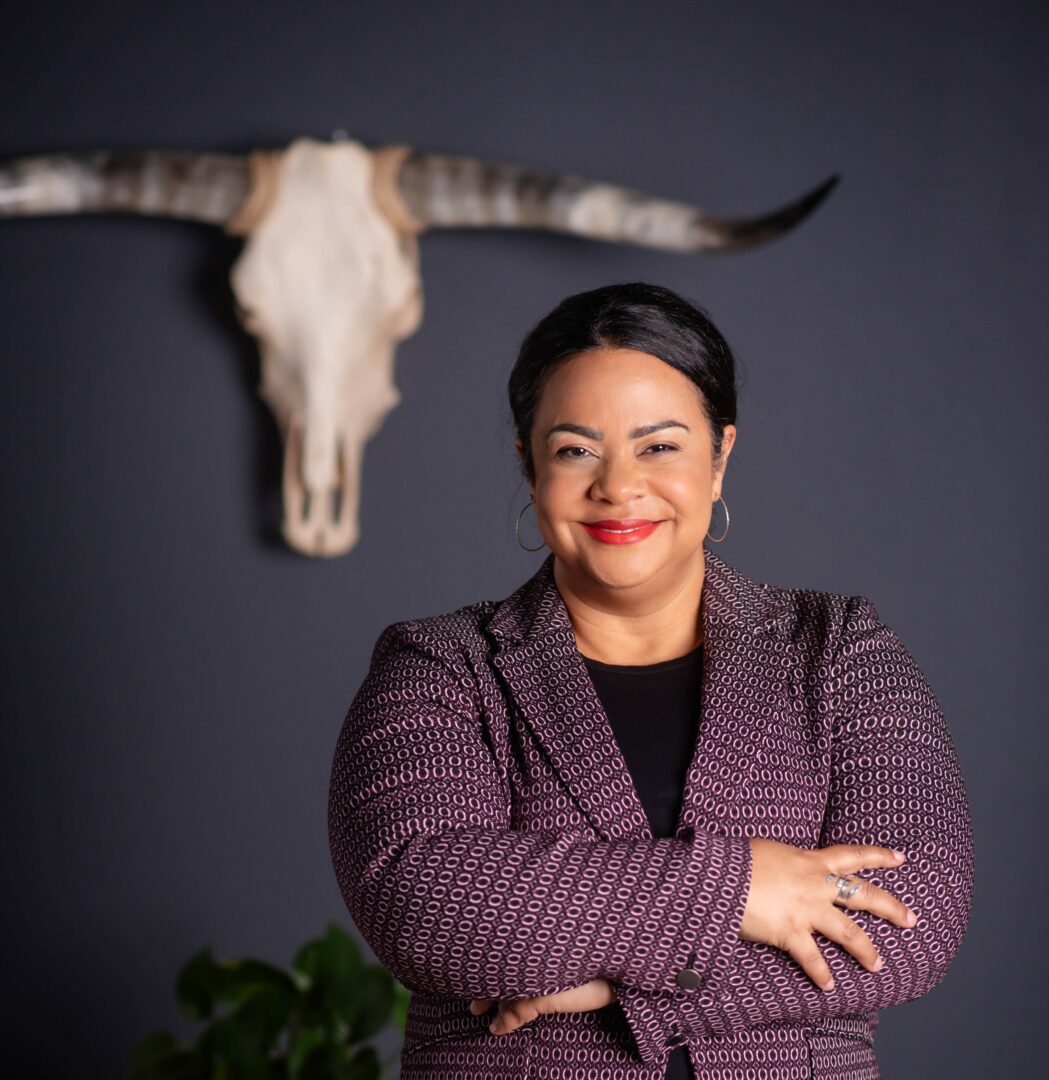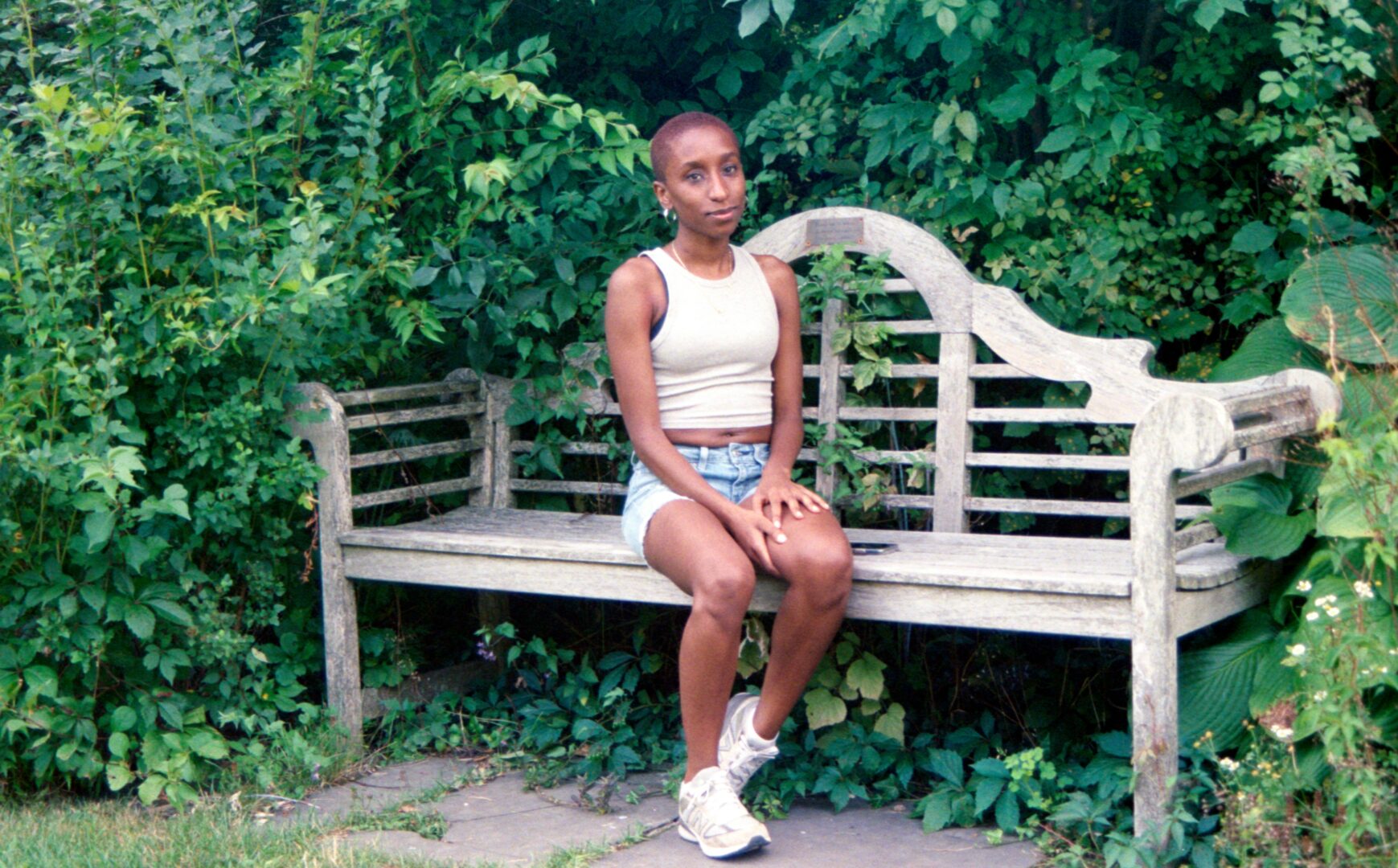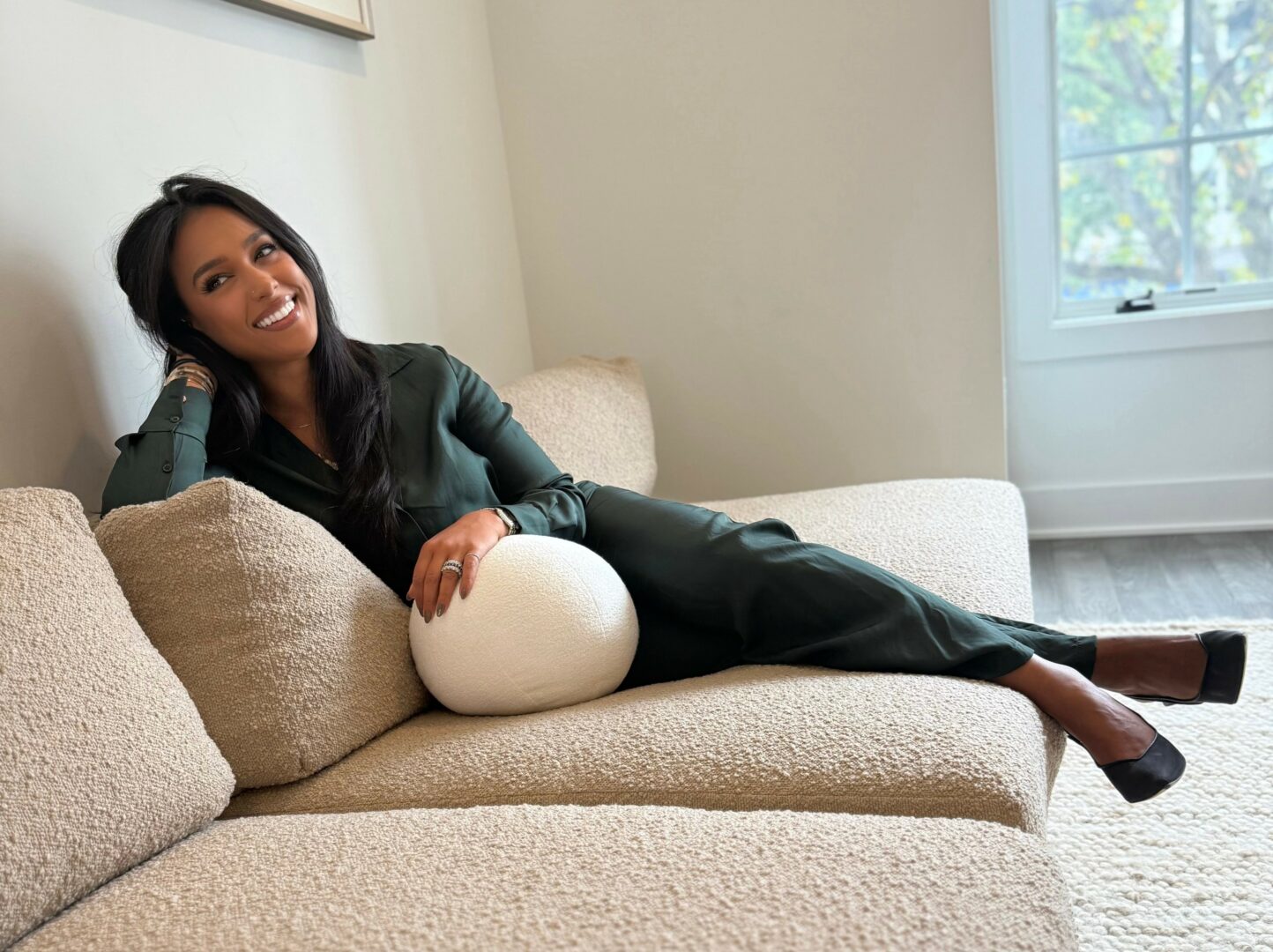We recently connected with Pamela Jaye Smith and have shared our conversation below.
Pamela Jaye, so great to have you on the platform and excited to have you share your wisdom with our community today. Communication skills often play a powerful role in our ability to be effective and so we’d love to hear about how you developed your communication skills.
Fortunately both my parents and grandparents talked to us and read to us like we were more than just kids, so we learned how to carry on conversations with
adults. At one point I lived with my grandfather so was around a lot of people his
age. It was great to listen to their stories and ask questions about their lives and
adventures.
One thing I learned early on was that everybody involved had a different
perspective on a situation. See more at the Japanese classic film RASHOMAN.
Also, we moved around a lot which meant quickly assessing people from
students to teachers to neighbors and figuring out the local power
dynamics…who do you want to be friends with, who not? Though not a “military
brat” myself, it seems people who grow up in that system become pretty good
communicators because of the exposure to many different people and places.
Throughout my entire education I always had great English teachers and Writing
teachers. Our high school offered speech and debate classes and we
participated in the interscholastic contests where preparedness, logic, and civility
were prevalent.
Then in the film business there are meetings with fellow creatives, producers,
attorneys, marketing people, investors, agents, talent, crew. I’ve been fortunate
to travel a lot for work: the Arctic, the Andes, SE Asia, Europe and around the
U.S.
Typically you need to shift your communications slightly for each different group,
so that really helps you become more facile in the various discussions.
Also, be prepared. One of my partners went into a production meeting with a
major corporation and was telling the head of the division about a product he
didn’t seem to know his own company was about to debut. We got the job.
Great, so let’s take a few minutes and cover your story. What should folks know about you and what you do?
MYTHWORKS is all about Applied Mythology. How do we take the Wisdom of the Ancients and make it relevant to today? I offer individuals and organizations
the time-tested tools of Mythic Themes, Archetypes, Symbols and more to help
them develop their creative projects, improve teamwork and communication both
internally and externally, and move efficiently through the creative process.
We are about to introduce a new company – TRIALITY Leadership Training. It
offers “Ageless Wisdom for Adaptive Leadership” and will present lots of insights
and proven tools from the past that can help us improve what we’re doing now.
Besides the three principles who have decades of experience in leadership roles
our group of Associates will include a select number of others whose credentials
and expertise can bring real value to our clients.
If you had to pick three qualities that are most important to develop, which three would you say matter most?
1 – CURIOSITY The more you learn the more you know. The more you know the more helpful
and effective you can be to other people and on creative projects. And the more
fun you’ll have.
Learning new things is fascinating, both within and without your own field of
interest. Especially in the media industry, we typically are exposed to many
different realms. I’ve worked on projects in SE Asia searching for lost WWII gold
and downed airplanes, in the oil fields above the Arctic Circle and on the largest
oil rig in the Gulf of Mexico, with indigenous peoples in both Alaska and Ecuador,
the repair of the Hubble space telescope, visited Hamlet’s castle in Denmark,
and have flown a fighter jet (in a simulator) and driven an actual Army tank and
an offshore oil rig in the Gulf of Mexico. All in the line of business.
ADVICE
* Develop more Curiosity
If you hear or read about something you don’t know much about, look further into
it. Regardless of your professional field and fields of other interest, look into the
history, what’s on the cutting edge of development, how might you personally use
it? How does this connect or not with other incidences, tech ancient or breaking,
politics…? Then pass on what you’ve learned to others.
* Listen. Ask questions.
Don’t just wait for a pause in the other person’s flow in order to say what you
want to say. Get them talking further, go deeper, ask questions, learn more.
Think like an interviewer or a real investigative journalist. Say: “Tell me more”,
“Continue”, “What did you do after you learned that?”, etc.
****
2 – CRITICAL THINKING
“Most people don’t have thoughts. What they have are opinions about their
emotions”. – Georgia Lambert
Too true these days.
When I was in school [K-12 plus University and post-grad] we were still being
taught how-to-learn. It’s no big secret and anyone can do it. Unfortunately too
many young people these days are being taught-to-the-test as opposed to being
taught to explore, examine, put ideas to work, and keep learning. Not always,
and it’s encouraging to hear about schools and systems that actually teach
critical thinking skills.
Fortunately a lot of people just innately do this on their own. And with the open
access to information via the internet, there’s so much one can learn in so many
diverse fields.
The trick is to discern between “information” with an agenda and information that
stands on its own. The former is called propaganda and the latter is called reality.
It’s great to see so many more people demanding scientific, peer-reviewed,
provable facts. Watch/listen to science shows like Science Friday with Michio
Kaku, Neil DeGrasse Tyson’s Star Talk, Science Daily, the Skeptics Society, and
Bill Nye the Science Guy.
https://www.sciencefriday.com/
https://www.youtube.com/@StarTalk
https://www.sciencedaily.com/
https://www.skeptic.com/
https://www.billnye.com/
ADVICE
* Developing Critical Thinking
Use the 5 Why’s to figure out what something’s really about. Keep asking “Why?”
for five times and you usually reach a core answer.
Read “Historians Fallacies” by David Hackett Fischer. It lists a dozen plus ways
we deceive ourselves when looking at the past, the present, and the future — and
how to avoid that.
https://www.goodreads.com/en/book/show/9037
* Investigate Science History
Oddly, maggots in wounds used to be a thing. Then people got creeped out
about worms in wounds. Then fairly recently science discovered that the
maggots actually did a good cleaning the gross stuff out of wounds so they’re
back “in”. Leeches are back in, too. Sometimes the Ageless Wisdom still works
pretty well.
****
3 – PERSISTENCE
My writing partner Monty McMillan and I wrote the first draft of an historical
drama script back in the late 1970s. It was 163 pages long. We sent it out to our
beta-readers, got lots of good advice and began a series of re-writes, including
trimming it down to the industry standard 125 pages. After about eight rewrites
over a number of years while we both had very active careers in media
production we dusted off the script, gave it another polish, and started submitting
it to contests.
A few years ago THE CUBAN CIRCUIT was a winner at the Bahamas
International Film Festival and part of the prize was a week in the Bahamas at a
Writers Retreat with the other winners and Hollywood experts/consultants.
A good story is a good story, regardless of when you wrote it or when you submit
it.
Same thing with business ideas about products or services.
ADVICE
* Keep on keeping on.
Always look for ways to improve what you’re doing, either at the
creation/production point or in how you market it.
One of our projects was searching for my uncle’s downed WWII airplane in
Burma/China/India. We started working on it while still at university and over the
decades met with and got support from NASA/JPL, the Smithsonian Air and
Space Museum, the US State Department, a major Airline, the Chinese Consul
(and future President of the PRC) in New York, and many more. Eventually, with
the gracious and dedicated assistance of many other people, the airplane was
located. We attended the ceremony at the George H.W. Bush Library at
Texas to commemorate not only my uncle but also other American pilots
in the CBI theatre of WWII.
* Be adaptable.
Technology changes. Trends in culture come and go. If you get clear on the “soul
of the goal” of what you are doing, you can often dress it up in other garb and still
get your core message across.
Perhaps you’re not fully tech-savvy (I’m not) but you no doubt have friends or
colleagues who are. Work with the best professionals you can afford to round out
your team.
There’s an old song with a wise lyric: “Make new friends, but keep the old. One is
silver and the other gold.”
And, to quote one of my favorite lines from one of my favorite films GALAXY
QUEST, “Never give up! Never surrender!”
We’ve all got limited resources, time, energy, focus etc – so if you had to choose between going all in on your strengths or working on areas where you aren’t as strong, what would you choose?
Well-rounded is much more effective in the long run. Lots of people don’t know how to handle that. They look at a resume with more
than one skill on it, more than one field of experience, and say, “But what is it you
really do?”
Thank goodness with the changing economic situations plus all the super-hero
stories out there there’s more acceptance of multi-talented people – of which
there are many more are these days.
Know it all so you know who’s doing what correctly or incorrectly. Many of us in
the media industry have worked in various different jobs, sometimes at the same
time. Once I was directing a documentary for the city in the morning and then
cutting carrots on a pizza commercial in the afternoon. We all learned to be
adaptable.
Plus it gave us authority. As a Producer on a commercial once the Craft Service
person came and said, “I can’t possibly feed this many people on this budget”. I
simply replied, “Really? I did exactly that two weeks ago. I’m sure you can.”
The more you know about the various other positions in any company, the better
leader you can be.
Our TRIALITY Leadership Training will encourage people to seek and find the
very best persons they can bring on board, listen to them and follow their advice,
and create a collaborative atmosphere where all who contribute can get
recognized and rewarded.
My wrap-up advice would be – learn all you can about every aspect of your
industry, your field of interest, your passion. That knowledge can really serve you
well. So….
Stay Curious.
Develop your Critical Thinking Skills.
Persist.
And most of all, Enjoy the Process and the Results!
Contact Info:
- Website: www.pamelajayesmith.com
- Linkedin: https://www.linkedin.com/in/pamela-jaye-smith-b06959/
- Other:
FILM COURAGE – https://filmcourage.com/?s=Pamela+Jaye+Smith
STAGE 32 – https://www.stage32.com/profile/1101196/about
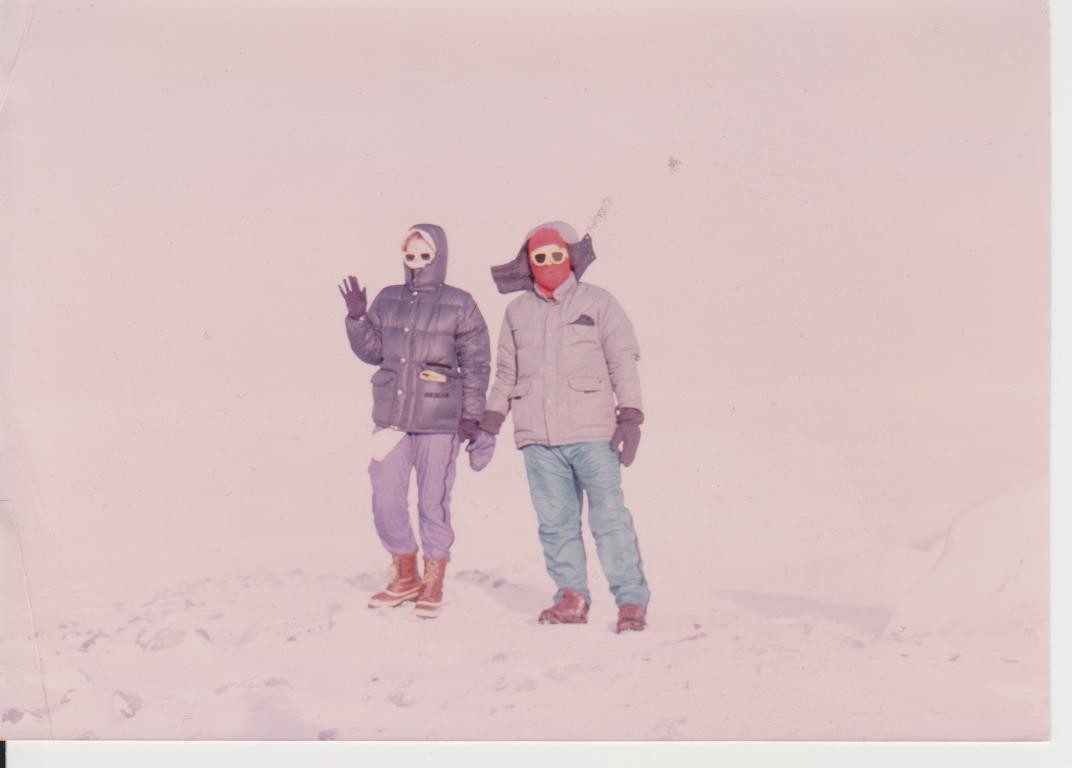
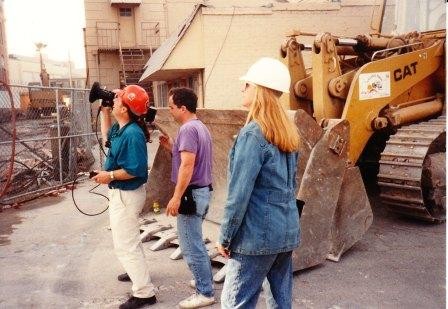
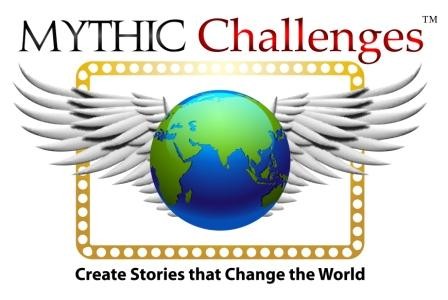
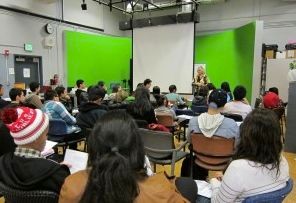
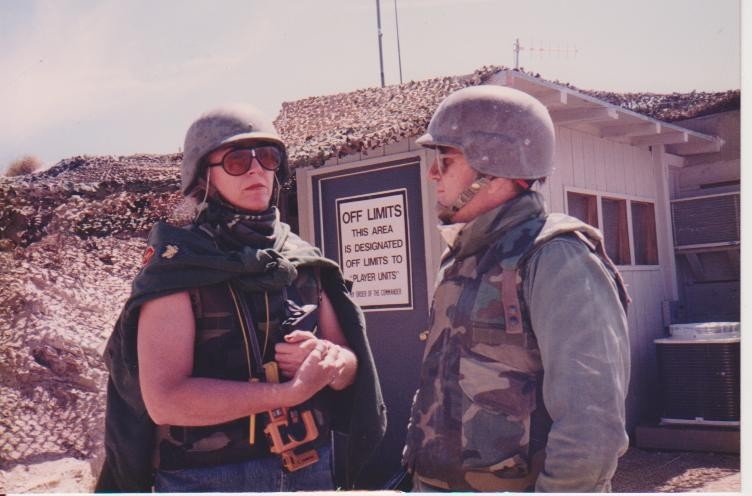
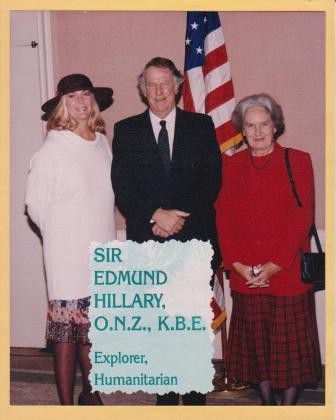
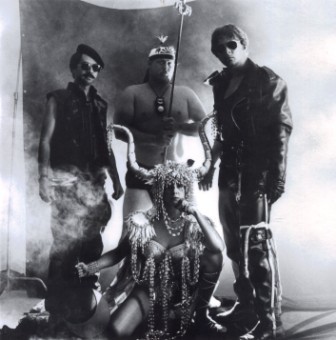
Image Credits
Pamela Jaye Smith headshot – photo by Kate McCallum Pamela Jaye Smith in Valkyrie costume – photo by Edward A. Wilde

